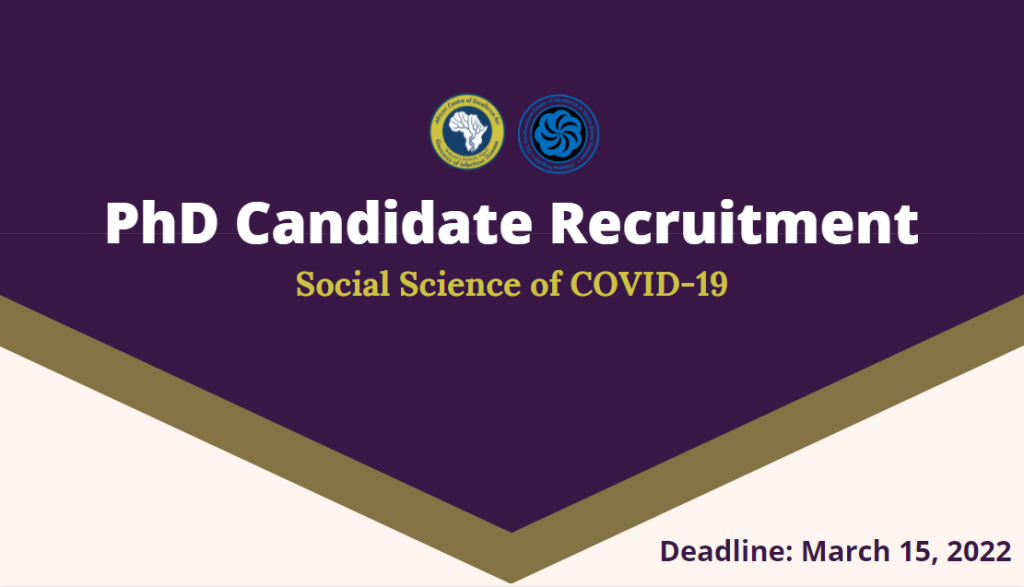We are searching for a PhD candidate interested in helping support an epidemiological sub-study of a new US-funded project. The SICA Study (Sero-epidemiological insight into COVID-19 transmission in Africa) is exploring the transmission of COVID-19 in the DRC and Nigeria. It is a 5-year project funded by the US CDC.
The overarching hypothesis of the project is that prior exposure to related human and animal coronaviruses and other syndemic viral and parasitic pathogens1 is responsible for lower severity of COVID-19 disease in Africa, compared to other regions.
To explore this, we will study SARS-CoV-2 epidemiology related to virus genotype, geography, socio-demographics, socioeconomic group, and occupation. The study will operate in 7 sites in the Kinshasa Province, DRC, and 4 sites in Lagos, Ondo, Edo and Ebonyi, Nigeria. Biological samples (saliva, finger-prick blood, and stool) will be collected as well as data on knowledge, attitudes, and practices (KAP) with respect to COVID-19 and other infectious diseases.
The KAP component will involve survey data collection and analysis, as well as ethnographic and qualitative interviews with a subset of cohort individuals and health system stakeholders, policymakers, and others involved in the COVID-19 response. We aim to find ways to integrate pathogen and human host genomics and sero-epidemiology with geospatial and socio-behavioral determinants of health (SBDH).
There is an opportunity for a PhD student to explore SBDH in parallel with pathogen genomics and how insight into these elements can inform community prevention and control of COVID-19 and other infectious diseases in Nigeria. SBDH data can help us understand the impact and adoption of genomic and chemical interventions vs. non-medical disease mitigation measures (e.g., social distancing/masks), against the background of socio-demographic, socio-behavioral, geospatial, health system, and political factors.
We are searching for a motivated PhD candidate with a background in public health, with experience or keen interest in any of the following disciplines: anthropology, demography, psychology, and/or behavioral sciences.
We anticipate that the project would form the basis for a doctoral dissertation.
We are searching for someone with strong qualitative and quantitative research skills (including knowledge of statistical software analysis), experience conducting and managing fieldwork, strong interpersonal and communication skills, the ability to network and think creatively, and a strong drive to use research to improve public health. A strong plus would be some experience in wet lab research and familiarity with the scientific method.
We envision that the project will lead to various academic publications, conference presentations, and stakeholder dissemination workshops in country.
If you are interested, please reach out to Prof. Rhoel Dinglasan (rd********@ep*.edu) and Prof. Christian Happi (ha****@ru*.ng) by 15 March 2022.
1This includes: zoonotic coronaviruses, influenza, malaria, arboviruses such as dengue and yellow fever virus, Ebola, HIV, monkeypox, Lassa fever virus and others (possibly helminthes as well).
